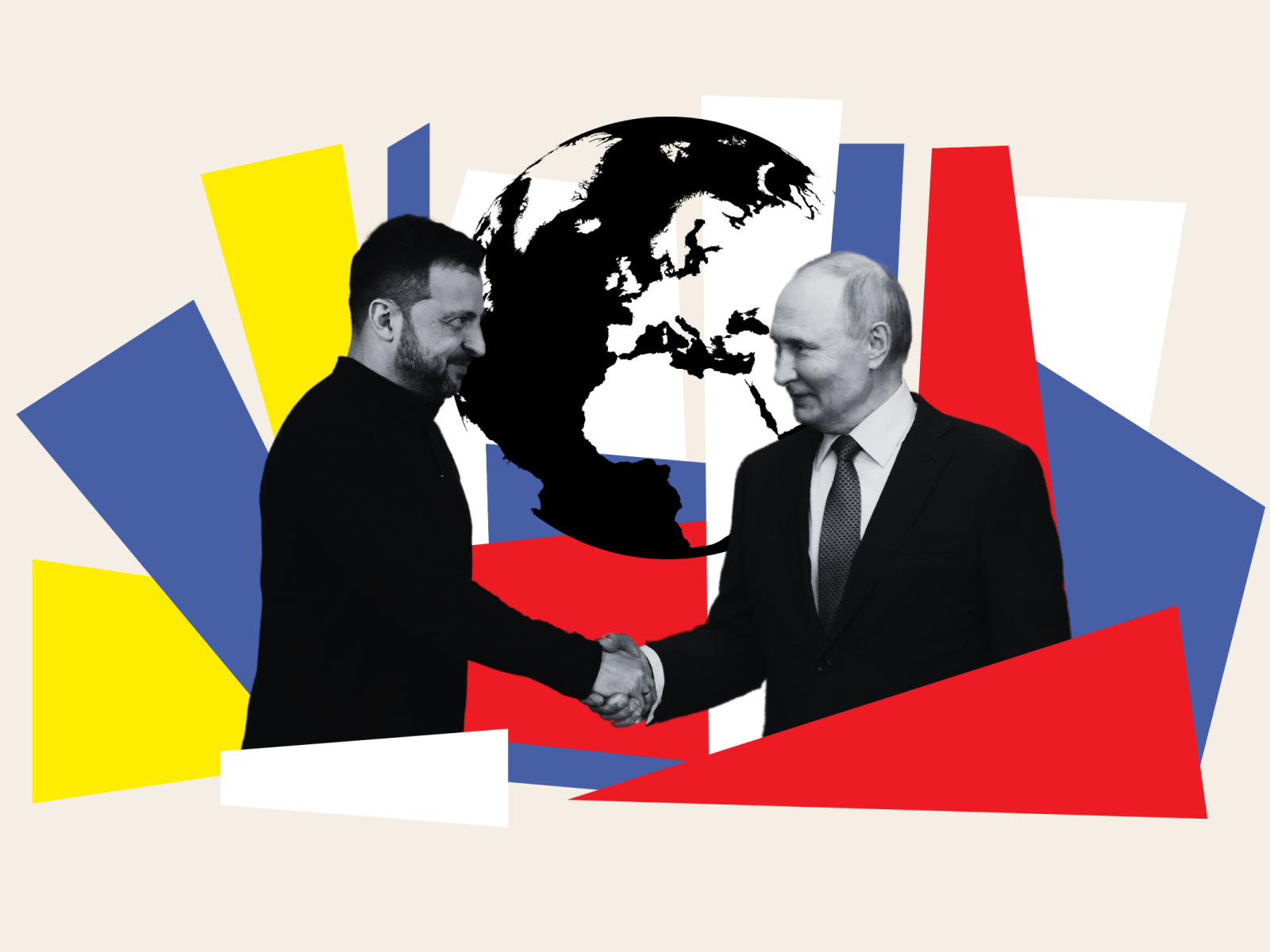German Defence Minister Boris Pistorius has accused Russian President Vladimir Putin of “playing a game” with Ukraine, denouncing Moscow’s continued assaults despite recent diplomatic overtures. His remarks come in response to Russia’s overnight attacks on Ukrainian civilian infrastructure, just hours after a high-profile phone call between Putin and U.S. President Donald Trump.
“We’ve seen that attacks on civilian infrastructure have not eased at all in the first night after this supposedly groundbreaking, great phone call,” Pistorius said in a televised interview. He also criticized the Kremlin’s insistence that a total halt to Western military and intelligence support for Ukraine should be a precondition for peace, calling it “unacceptable.”
“This is very transparent,” Pistorius added. “Putin wants to ensure that Ukraine’s backers are unable to support it in defending itself if another attack occurs, either during or after a ceasefire.”
Russia ‘Doesn’t Want to Make Any Concessions,’ Says EU Foreign Policy Chief
Echoing Pistorius’ skepticism, European Union foreign policy chief Kaja Kallas warned that Moscow could not be trusted. This skepticism follows the Kremlin’s temporary agreement to halt attacks on Ukraine’s energy infrastructure, a pledge made during Putin’s call with Trump.
“If you read the two readouts from the call, it is clear that … Russia does not really want to make any kind of concessions,” Kallas told reporters in Brussels.
The phone call, initiated by Trump, was centered around a simple yet ambitious demand – a 30-day ceasefire on land, sea, and air, an agreement Ukraine had already signed up to as a preliminary step toward peace. However, rather than a firm commitment, Trump received ambiguous responses, partial offers, and, most notably, a striking demand from Putin that would effectively weaken Ukraine’s position in the conflict.
If accepted, this would mean not only an end to U.S. military assistance but also a halt to support from Britain, France, and other allies. This would also disrupt post-conflict security plans, such as the proposed “reassurance force” aimed at guaranteeing Ukraine’s long-term security by securing its ports, airports, and utility infrastructure.
Such a demand is impossible for Ukraine to accept. After three years of war, with tens of thousands of casualties and approximately 20% of its territory under Russian control, Kyiv knows it cannot regain lost ground through sheer military force. However, cutting off Western support would leave Ukraine vulnerable to future Russian aggression, rendering any peace deal meaningless.

A Ceasefire or a Strategic Ploy?
Over the past three years, Russia has relentlessly bombed Ukraine’s power plants, leaving the country with little energy generation capacity beyond its nuclear facilities which is too risky even for Moscow’s forces to attack. Meanwhile, Ukraine has been conducting destabilizing strikes on Russian refineries, a campaign that is still ongoing. While any reduction in hostilities is welcome, the question the world is asking – is Putin’s latest ceasefire move a genuine effort toward peace or a calculated maneuver?
Orysia Lutsevych, a Ukraine expert at the Chatham House think tank, argues that Putin’s offer is more about strategic positioning than genuine goodwill. With the arrival of spring, Ukraine does not gain much from a 30-day halt on energy attacks. She describes Putin’s offer as “a kind of goodwill gesture to keep Trump interested and get a bigger prize: [the] US abandoning Ukraine.”
Despite skepticism, the White House announced that both sides would begin “technical negotiations on implementation of a maritime ceasefire.” Trump himself emphasized that the discussions were happening “with an understanding that we will be working quickly to have a complete ceasefire,” though the Kremlin’s version of events downplayed this aspect.
The Kremlin was quick to frame the negotiations as a bilateral matter, excluding Ukraine from direct participation. The Russian readout stated that “the leaders confirmed their intention to continue efforts to achieve a Ukrainian settlement in a bilateral mode,” a move that conveniently restores some legitimacy to Russia while sidelining Kyiv. For Ukraine and its allies, this raises concerns that Russia’s real aim is to detach the U.S. from Europe, creating fractures in Western support.
Amid these geopolitical maneuverings, a rather unexpected agreement emerged, Trump and Putin agreed to organize ice hockey matches between American and Russian leagues. While the symbolism of sports diplomacy is notable, it is hardly a substitute for genuine peace efforts.

Further Talks in Saudi Arabia, Will It Be A Step Toward Peace or Another Stalemate?
U.S. envoy Steve Witkoff confirmed that negotiations will continue on Sunday in Jeddah, Saudi Arabia, with both sides “in a relatively short distance to full ceasefire.” Speaking to Fox News, he suggested that Russia has also agreed to terms on “the Black Sea maritime aspect of a ceasefire,” and expressed hope that Ukraine would support the initiative. However, it remains unclear whether Kyiv will be invited to participate in these discussions.
Following the Trump-Putin call, the Russian government claimed that Putin had “responded constructively” to Trump’s proposals and agreed to further negotiations to “elaborate specific details.” Yet, there are significant concerns about the conditions Russia is trying to impose, particularly its demand that Ukraine be prevented from rearming during the ceasefire period.
When asked whether there would be reciprocity in these arrangements, Witkoff admitted, “I think the devil is in the details. We’ve got a team going to Saudi Arabia, led by our national security adviser and our secretary of state, and I think we’ve got to figure out those details.”
As discussions continue, the world watches closely. Is this the beginning of a path to peace, or just another chapter in Russia’s strategic playbook?


hentairead I do not even understand how I ended up here, but I assumed this publish used to be great
Puraburn very informative articles or reviews at this time.